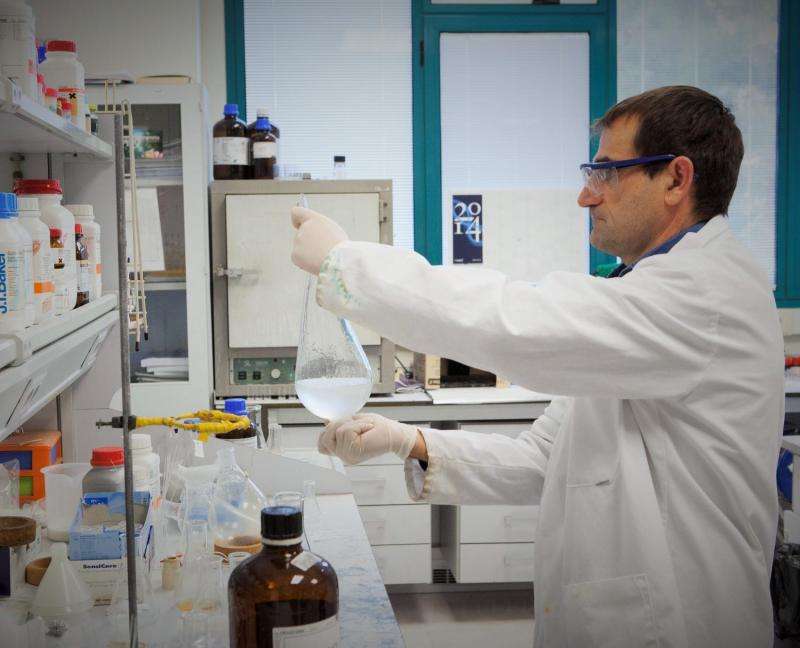New compounds for the treatment of infectious tropical diseases

Researchers at the Universitat Jaume I (James I Univeristy, UJI) have developed new compounds for the treatment of infectious tropical diseases such as malaria, sleeping sickness, Chagas disease and leishmaniasis. Patented by this university, these new compounds show significant improvements over existing treatments and fewer side effects.
Infectious tropical diseases mainly affect people living in developing countries. They are transmitted by the bites of insects carrying parasites that are infectious to human beings. Apart from the obvious obstacle they pose to economic and social development, these diseases are the cause of enormous human suffering and high death counts.
These new chemical compounds are UJI's response to this world health challenge. Highly selective and low-toxin, they target the disease more precisely and lead to fewer unwanted side-effects. The idea is that they be used as the basis for the development of more efficient and less toxic drugs to fight these diseases, replacing existing inefficient or more toxic alternatives.
UJI researcher Florenci González Adelantado explains how they work: "The new chemical compounds inhibit the action of the enzymes that catalyse key metabolic processes during the infection by the parasitic protozoas that cause infectious tropical diseases. Our new compounds block the natural life cycle of these enzymes, the cysteine proteases, and stop the infection from advancing, without leadig to the side-effects typical of compounds traditionally used in the treatment of these diseases".
These findings bode well for future treatment of tropical infectious diseases. They emerge from UJI's current line of reasearch into such enzyme-inhibiting structures, looking for ways to both mitigate the typical side-effects of current treatment approaches and shift even the most resistant tropical infections.
More information: Santiago Royo et al. Dipeptidyl Enoates As Potent Rhodesain Inhibitors That Display a Dual Mode of Action, ChemMedChem (2015). DOI: 10.1002/cmdc.201500204

















